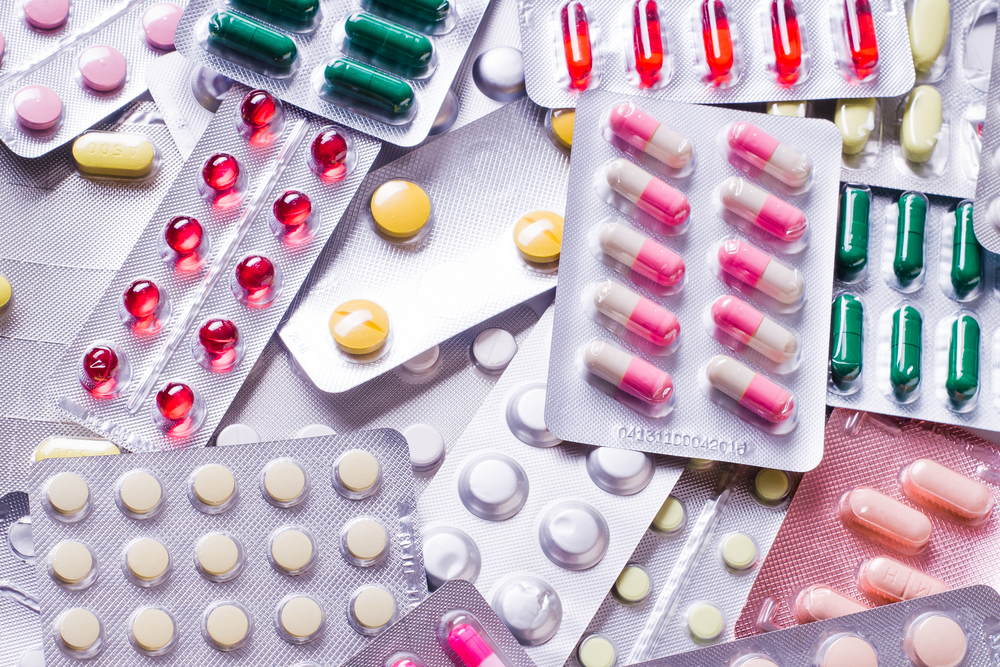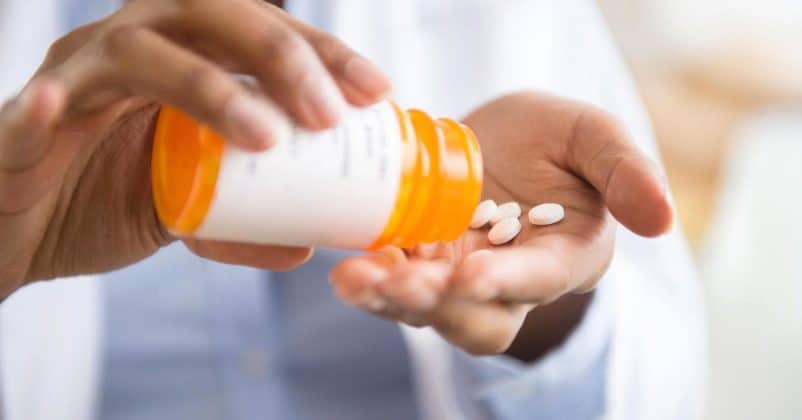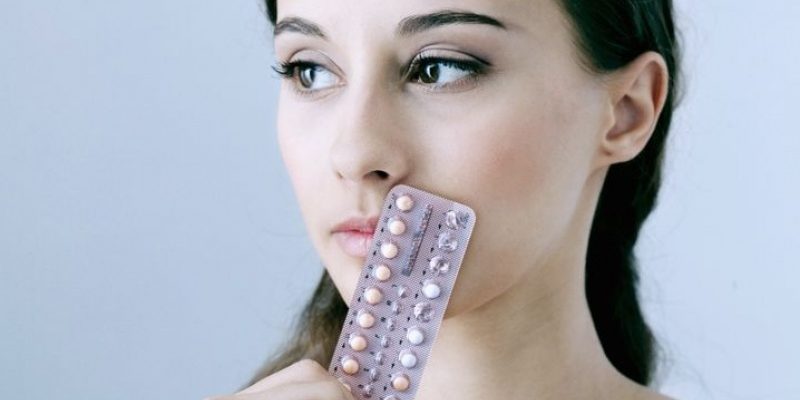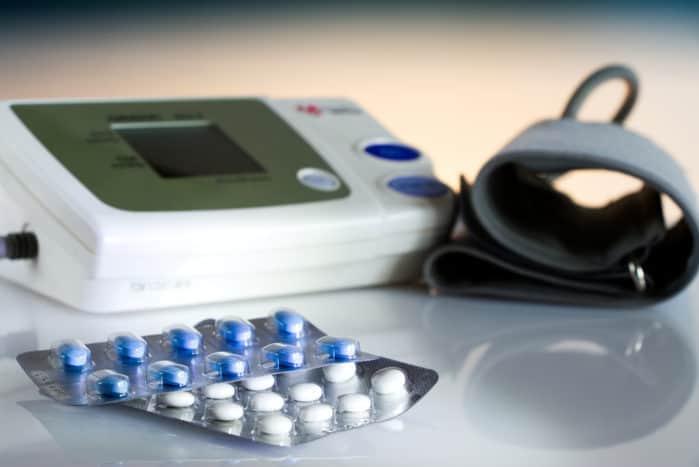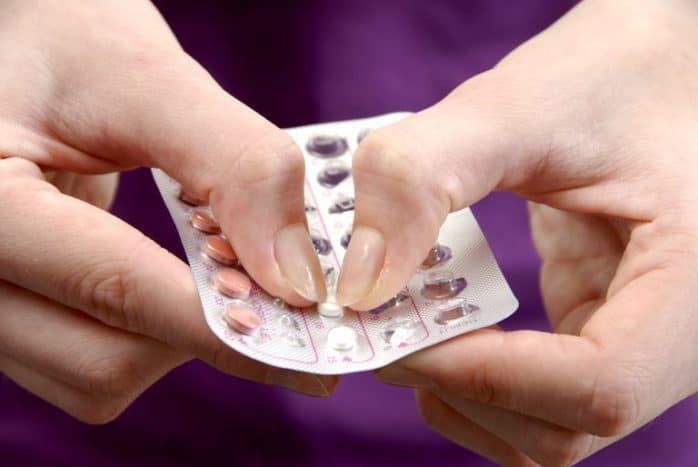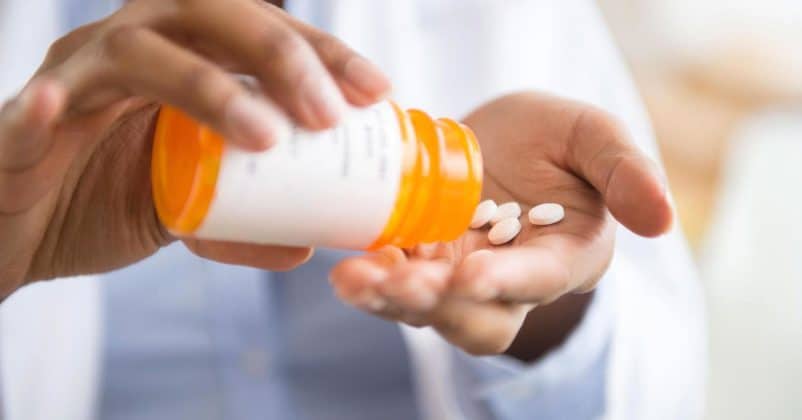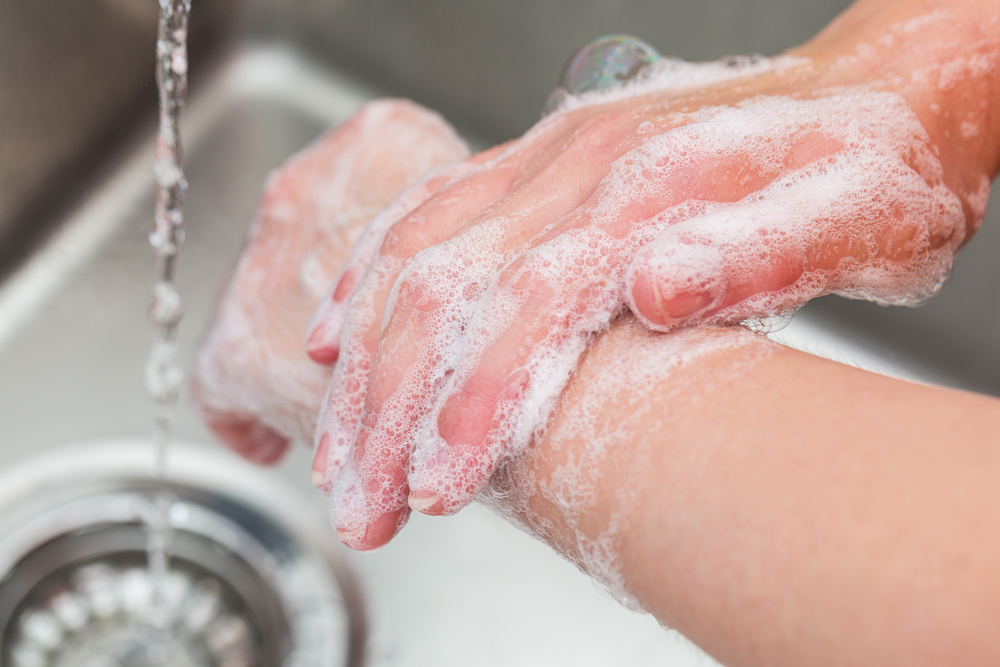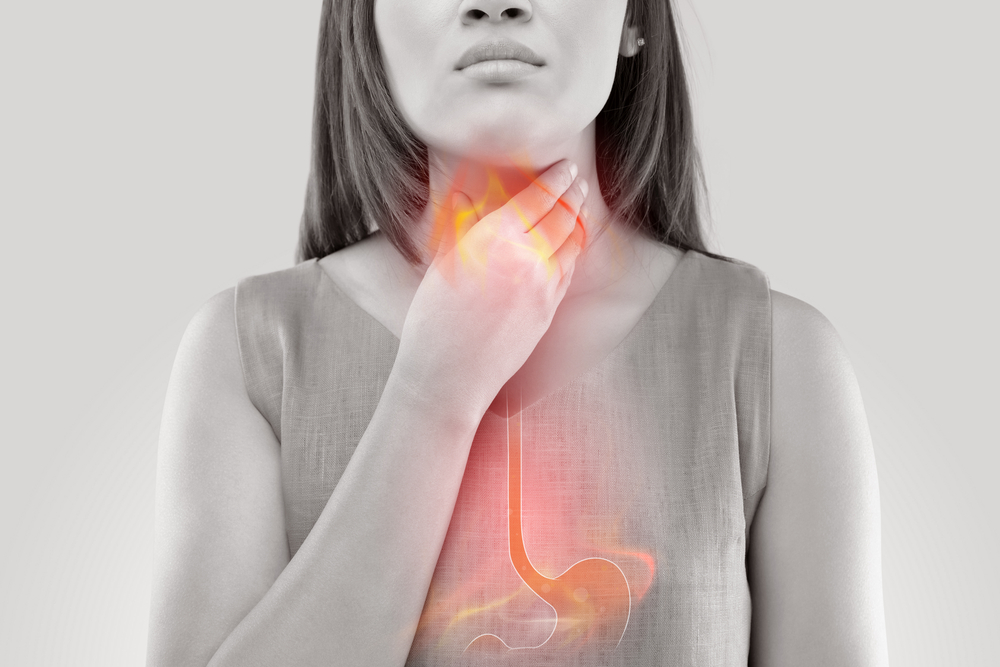Contents:
- Medical Video: What Drops to Use and Not to Use + What Causes Red Eyes - Video 5 in Dr. Zigler's Dry Eye Series
- Medications that can cause dry eyes
- 1. Antihistamines
- 2. Decongestants
- 3. Drinking acne medication
- 4. Hypertension drugs
- 5. Birth control pills and hormone therapy
- 6. Antidepressants, antipsychotics, and drugs for Parkinson's disease
Medical Video: What Drops to Use and Not to Use + What Causes Red Eyes - Video 5 in Dr. Zigler's Dry Eye Series
Dry eye conditions cannot be underestimated because they can affect vision. However, even though you have tried various ways to overcome it, your eyes may still feel dry. Try to remember again, are you taking certain drugs? Because, there are several types of drugs that can cause dry eyes.
Medications that can cause dry eyes
1. Antihistamines
Antihistamines such as fexofenadine, loratadine, cetirizine, and diphenhhydramine are commonly used as drugs to relieve allergic symptoms. You do this by stopping the body's response to allergic triggers, while preventing the emergence of common allergic symptoms such as itching, sneezing, and runny nose.
Unfortunately, this drug can trigger reduced production of tears. That is why, these drugs are often associated with causes of dry eyes.
2. Decongestants
When you have colds, fever, stuffy nose, and allergies, decongestant drugs are often an option to relieve symptoms. Because the drug works by reducing swelling in the blood vessels in the nasal membranes, which causes nasal congestion. Finally, it can give more space to the nose to drain air, and help you breathe freely.
Decongestants are often found in the form of tablets, liquids, or sprays. Although the benefits are good, decongestants can also reduce the amount of tears, which then causes the eyes to dry out. Even some types of drugs, to speed up the process of healing the disease, combine antihistamines and decongestants. Therefore, dry eyes will also feel twice as severe.
3. Drinking acne medication
In addition to using external medicine, there are also acne medications that are usually consumed by people with severe acne conditions, namely isotretinoin. This drug helps get rid of acne by reducing the production of oil produced by certain glands.
Stephanie Crist, Pharm.D., An assistant professor of pharmaceutical practice at St. Louise College of Pharmacy, explained that the acne medicine can disrupt the mucous layer and reduce the secretion of the entire body's glands, including the glands in the eyelids. This causes the amount of tear supply to decrease.
4. Hypertension drugs
Beta-blockers, which are a type of blood pressure medication, stop the body's response to adrenal hormones. That is why, this drug will help slow the heart rate, which then triggers a decrease in blood pressure in the body.
Unfortunately, the side effects caused by this hypertension drug are reducing protein production which is part of the tear component. This condition then causes the eyes to dry out due to decreased tear production.
5. Birth control pills and hormone therapy
Hormones, both those found in oral contraceptives (birth control pills) and those used in hormone therapy, can affect dry eyes. This is evidenced in a study involving more than 25,000 postmenopausal women, that women who use the hormone estrogen alone have a 69 percent risk of experiencing dry eyes.
Meanwhile, women who use a mixture of estrogen and progesterone hormones have a 29 percent greater risk than women who do not take birth control pills and use hormone therapy. In short, women are more susceptible to dry eyes due to hormonal changes related to the use of birth control pills and hormone therapy.
This condition may be caused by the hormone estrogen which affects the oil-producing glands in the eye and erodes the tear layer.
6. Antidepressants, antipsychotics, and drugs for Parkinson's disease
Although antidepressant drugs, antipsychotics, and Parkinson's disease drugs are types of drugs that have various different functions, all of them have something in common. Yes, these three drugs are said to have anticholinergic effects, which block the impulse delivery signals between one nerve cell and another.
According to Dr. Steven Maskin, medical director at the Dry Eye and Cornea Treatment Center, normally when the eyes feel dry, the nerves in the eye will be responsible for sending the signal to be forwarded; until then it can trigger the release of tears.
Conversely, when the "communication" of the tissue is damaged, the message to produce tears is not conveyed properly. This is what then causes dry eyes.

